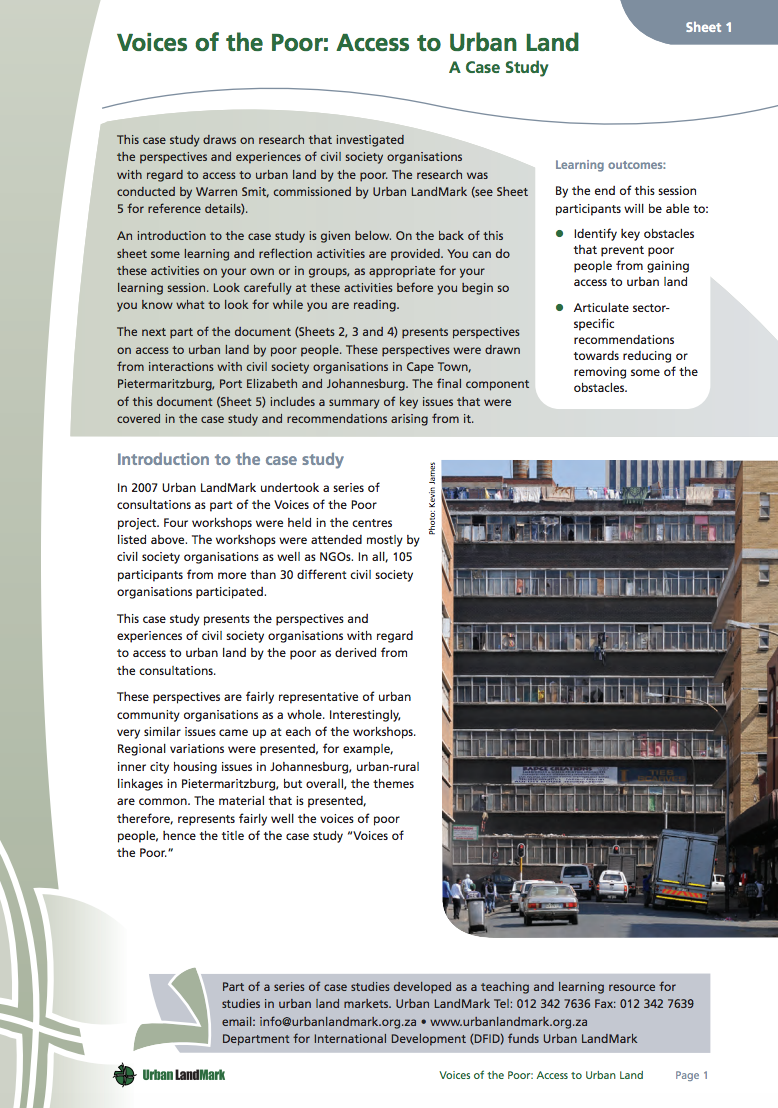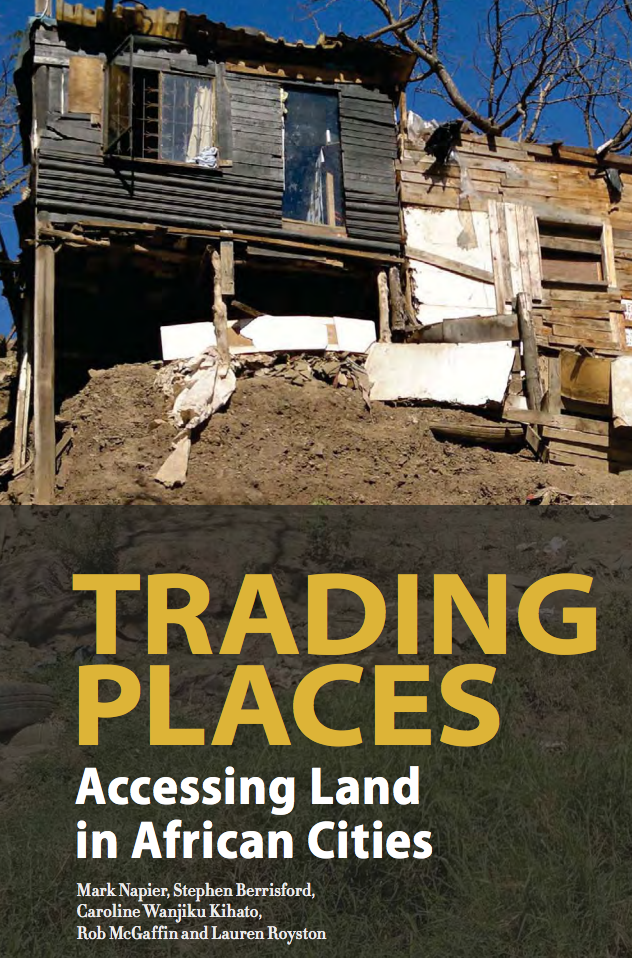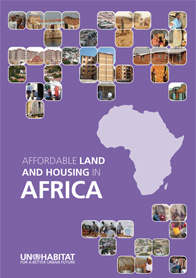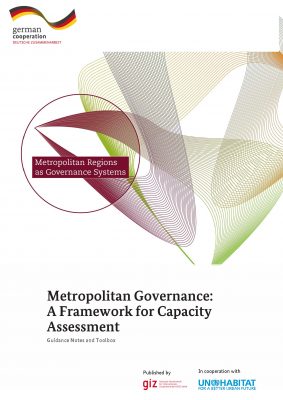Urban and rural areas: A changing relationship
The relationship between urban and rural areas has undergone great change in recent years. It is now often difficult to clearly define the borders between the two; instead we find a continuum ranging from agricultural zones to suburbs, informal settlements and urban centers. But do countries and development cooperation policies have the instruments needed to promote a dynamic and balanced development of urban and rural areas and open up opportunities for the people who live there?











